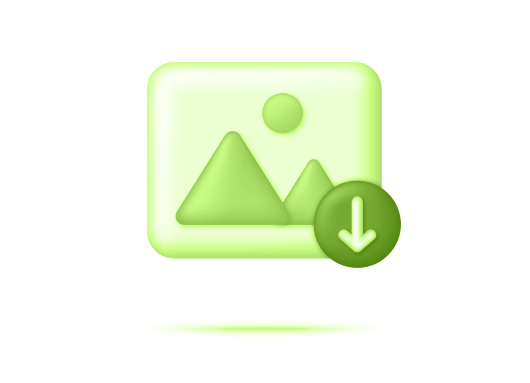


31 Oct 2024 | | Author:



Your email address will not be published. Required fields are marked *
Stay updated with our LinkedIn growth strategies, tips and tricks that’ll get you the best out of LinkedIn.

In this digital age, privacy is really important, most social networks including LinkedIn allow users to control their privacy from their account settings.

LinkedIn is a unique and amazing network in the sense that it's the best platform to connect with professionals and businesses, it's ahead of other social networks when it comes to these aspects.

What makes social media so beautiful is how it allows users to express themselves in text, image, and video content. Visual contents make platforms very colorful. Humans are attracted to colorful things and that’s what pictures tend to do.